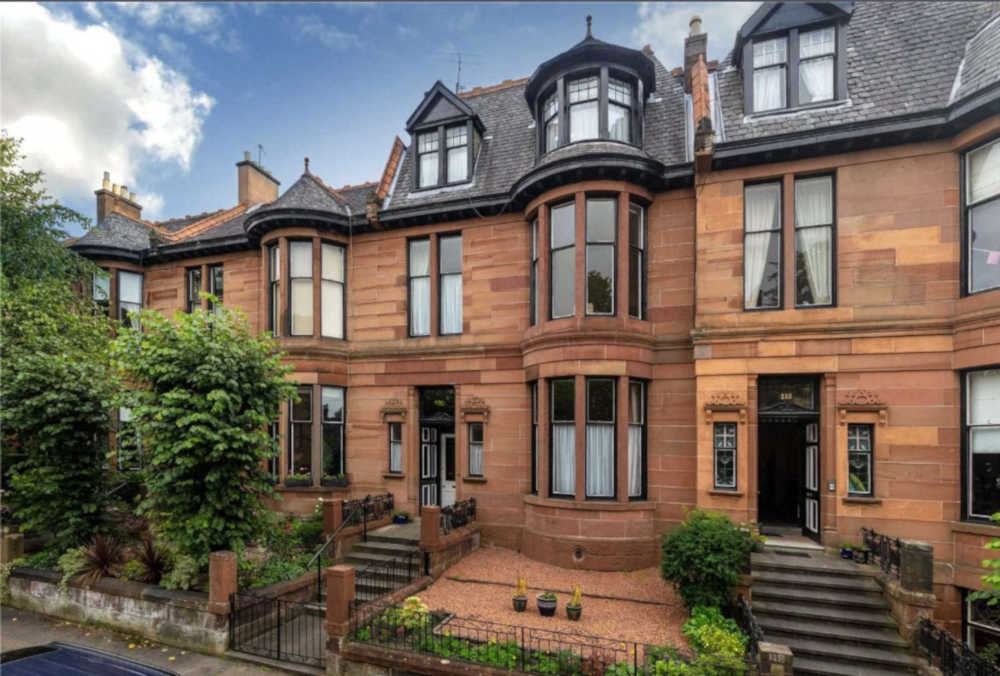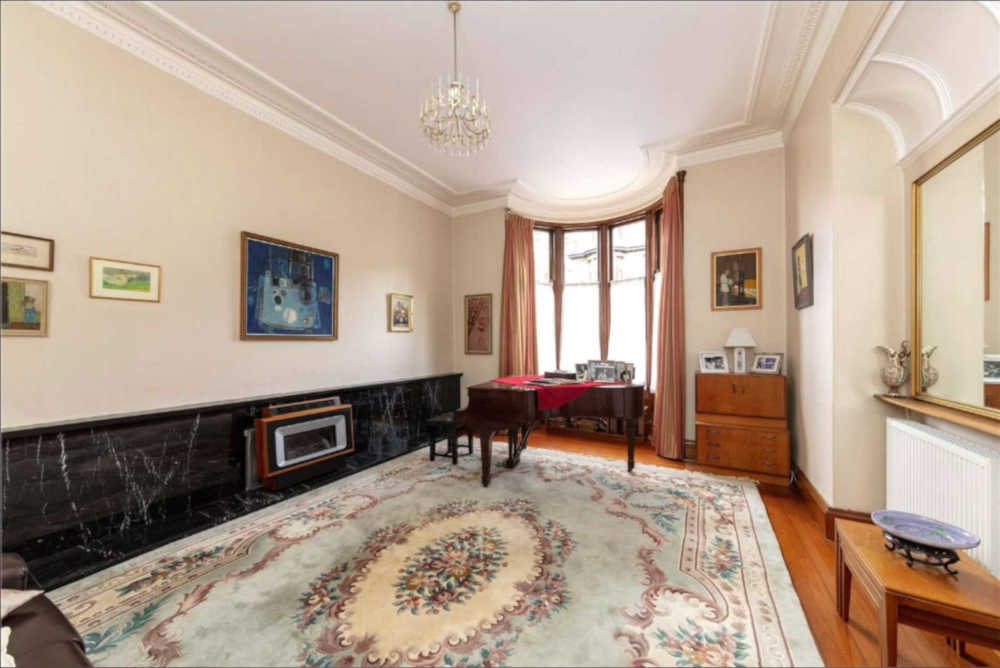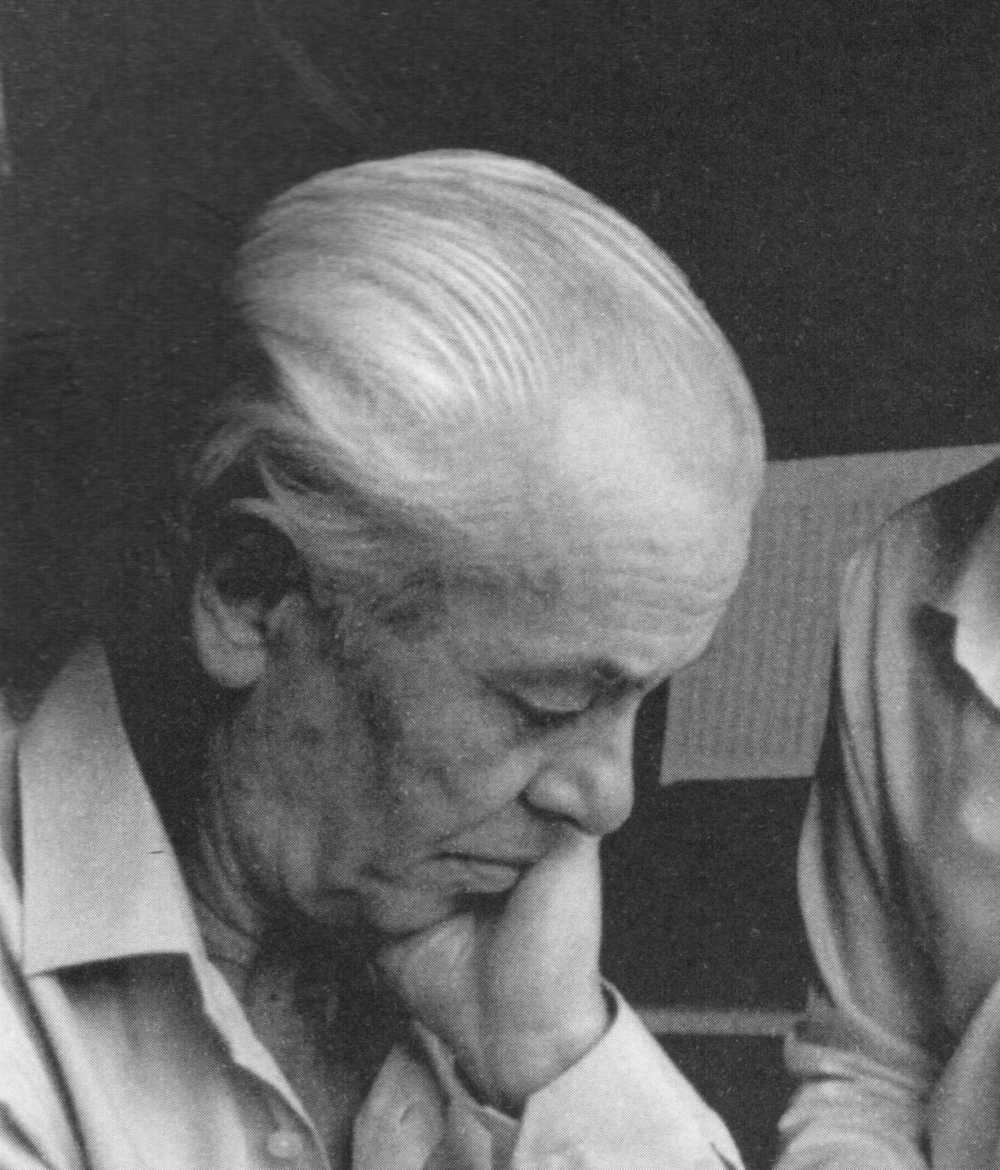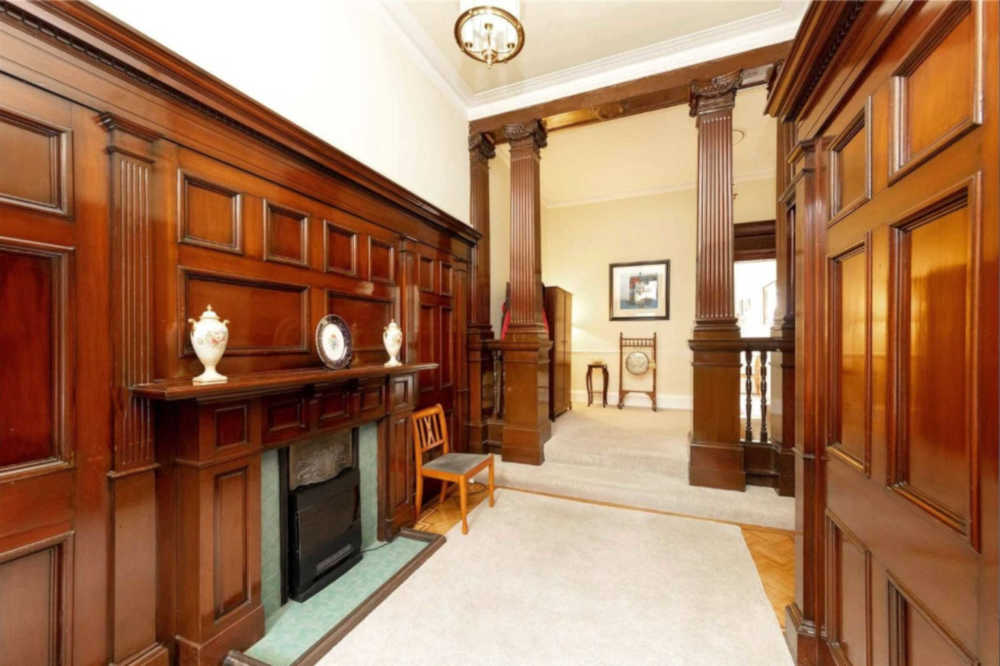
THE HOUSE that belonged to “the father of Scottish music” is currently on sale for £800,000 amid a 20 year family dispute.
120 Dowanhill Street in the West End of Glasgow was bought by Professor Thomas Wilson CBE in the 1970s.
His wife, Margaret, has been trying to sell the property for the past 20 years, but has been unsuccessful due to various court battles launched by her son, Martin, over the estate of Professor Thomas Wilson CBE.
The B listed Victorian town house is currently under offer for £795,000 however, a petition has been raised for another interim interdict to prevent the sale of the house.

Wilson has been hailed as “Scotland’s greatest composer” for his works, which brought about a renaissance of music in Scotland and influenced later generations of Scottish composers.
He is best known for his ambitious three-act opera, ‘The Confessions of a Justified Sinner, the Libretto’ by John Currie, his radio opera, ‘The Charcoal Burners’ and a ballet score for percussion, ‘Embers of Glencoe’.
Despite legal disputes, the seven-bedroom Dowanhill property is on the market with sellers Savills who describe its location as one of the “most sought after addresses”.
Photos show the grand terraced house, which retains its original red sandstone walls and wood paneled reception halls.

Shots of the immaculate interior show the study where Wilson composed some of his most famous works, as well as a drawing room featuring the grand piano thought to have been played by the maestro.
The spacious property also comes with rear parking and a cellar.
The death of Professor Wilson on 12 June 2001 made various newspapers who honoured the composer with obituaries hailing him as the “father of Scottish music”.
In 2019, Holyrood tabled an Early Day Motion for the professor, to recognise his importance as “Scotland’s greatest composer”.

He died aged 73, having helped found the Scottish Society of Composers and been given an honorary doctorate from the University of Glasgow.
He performed at the opening ceremony of the Edinburgh International Festival and was given a CBE in 1990.
